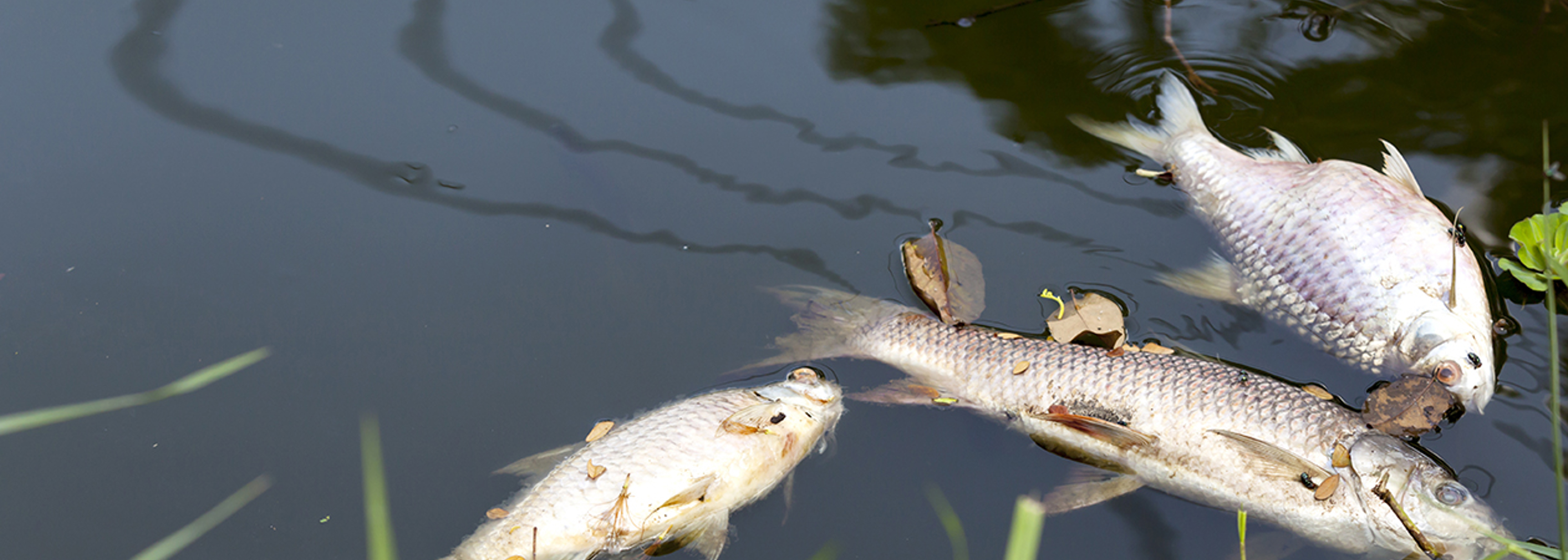Looking for a new role in environmental health?
Whether you're just starting out or ready for your next step, EHN Jobs connects you with the latest opportunities in environmental health across the UK.

Thousands of fish killed by biocide used to clean wastewater tanks and pipes

Looking for a new role in environmental health?
Whether you're just starting out or ready for your next step, EHN Jobs connects you with the latest opportunities in environmental health across the UK.